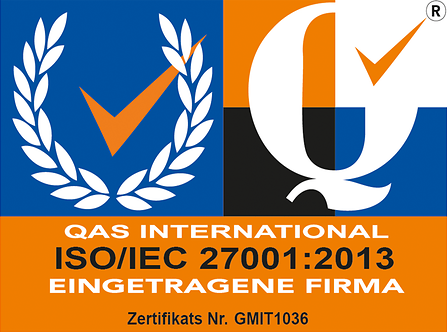Composable commerce is an oft-used term that has gained significant traction in the e-commerce industry in recent years. It is seen as the next evolution of the traditional monolithic e-commerce platform model, which has dominated the industry for over a decade. The term "composable commerce" refers to a new approach that enables businesses to leverage a flexible set of services, applications, and microservices that can be easily combined, configured, and reconfigured as needed to meet their specific business requirements.
Making the shift
At its core, composable commerce represents a fundamental shift in how businesses approach their e-commerce technology infrastructure. Rather than relying on a single platform that attempts to provide all the necessary features and functionalities, composable commerce allows businesses to take a modular approach, breaking down their e-commerce systems into a set of smaller, reusable building blocks that can be combined as needed.
A number of benefits
The benefits of composable commerce are numerous:
- Provides businesses with greater flexibility and agility, enabling them to adapt quickly to changing market conditions and customer needs.
- Brands can easily introduce new ways of interacting with customers and create fast, high-performing digital storefronts, add or remove touchpoints, and customize customer journeys to suit their needs.
- Allows business to leverage the best-of-breed technologies and services that are available in the market, rather than being limited to the capabilities of a single platform.
- Reduces the total cost of ownership by enabling businesses to only pay for the services they need, rather than being locked into expensive licensing and maintenance fees for a full-featured monolithic platform.
Customer-focused
Composable commerce also enables businesses to take a more customer-centric approach to e-commerce. By breaking down their e-commerce systems into smaller, more manageable components, businesses can focus on delivering the best possible customer experience at every touchpoint. This approach enables businesses to quickly iterate and experiment with different features and functionality, enabling them to continuously improve the customer experience over time. As a result, composable commerce has become increasingly important for enterprise-level businesses due to the need for agility, scalability, and personalization. According to Gartner, by 2023, 80% of organizations will have migrated away from their current e-commerce platform and moved toward a composable approach.
Hybrid Headless functionality
By leveraging a flexible set of services and applications that can be easily combined, configured, and reconfigured as needed, businesses can adapt quickly to changing market conditions and customer needs, while also reducing the total cost of ownership. CoreMedia's unique hybrid headless solution is the perfect fit for managing the complexity of composable commerce architecture. CoreMedia Content Cloud combines the power of headless commerce with the ease of use of a traditional CMS. This allows businesses to leverage the benefits of both approaches without the complexity and risk of managing multiple systems. This solution also provides advanced content management capabilities, which are critical for delivering rich and engaging experiences across all channels.
Stay ahead of the curve
With CoreMedia, businesses can easily manage their e-commerce content and experiences, while also leveraging the flexibility and scalability of a composable commerce architecture. Schedule a demo today.















